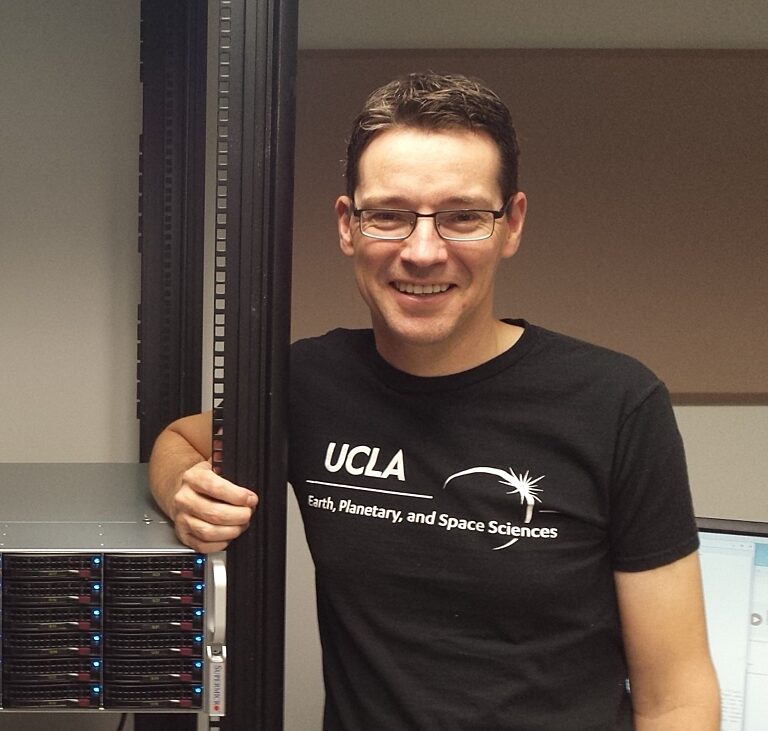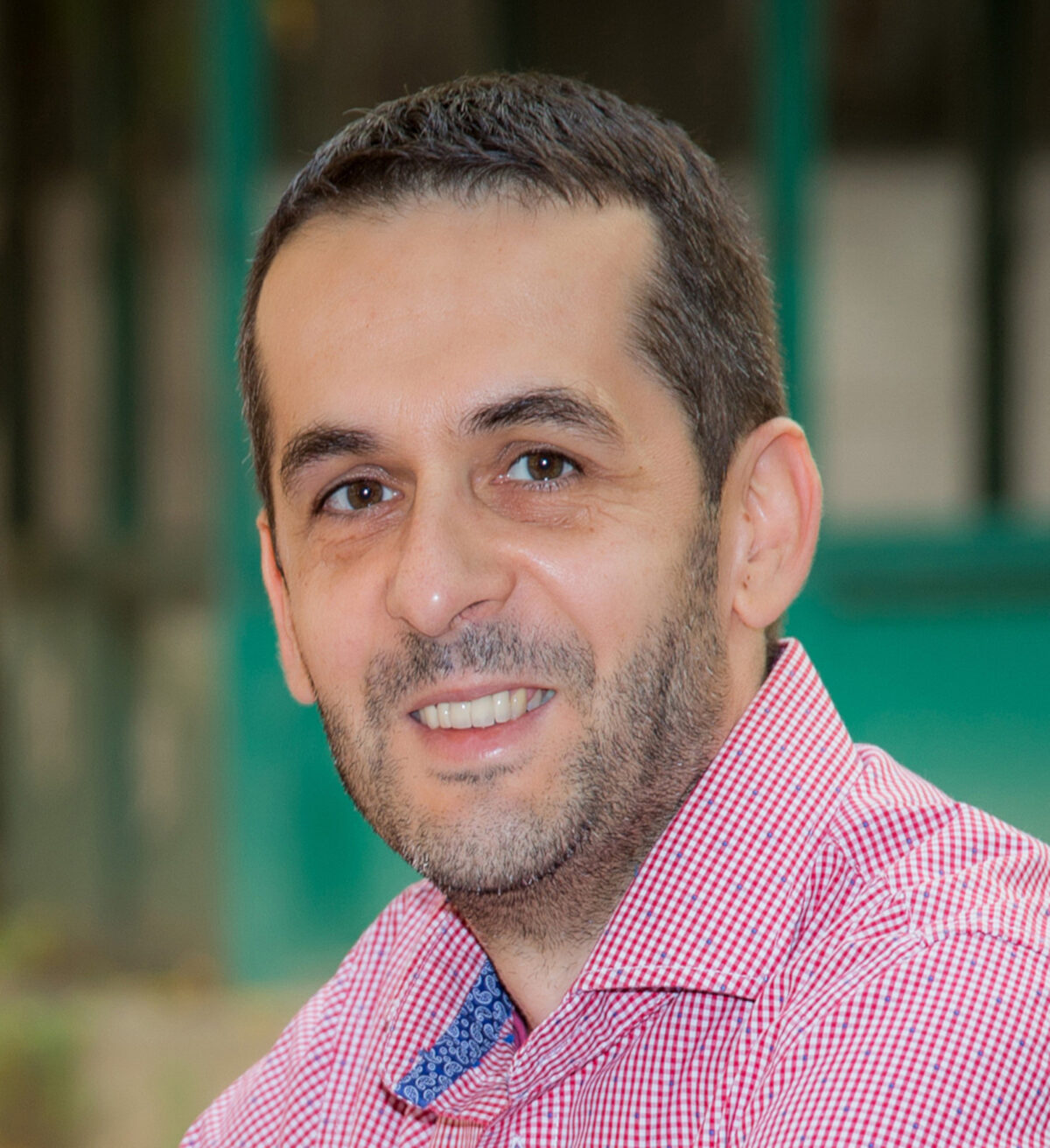Bruce Betts • Mar 16, 2022
Announcing the First-Ever STEP Grant Winners: Citizen Science SETI and Determining Asteroid Properties
I’m excited to announce the first-ever winners of The Planetary Society’s Science and Technology Empowered by the Public (STEP) Grants. These are planetary science and/or technology grants that fit within one or more of The Planetary Society’s core enterprises (Explore Worlds, Find Life, Defend Earth).
For its entire history, through the crowdfunding support of its members and donors, The Society has funded science and technology projects to provide a way for supporters to play an active role in space exploration while enabling advances in space science and technology. The new STEP Grants program is designed to regularly compete a significant portion of The Planetary Society’s science and technology portfolio. The winners were chosen through an open, international, competitive two-step proposal process: short pre-proposals (38 received) from which a subset were invited to submit full proposals (5 received). We anticipate a new Request for Proposals in the next couple months, after which, we plan to follow an every two years cadence. In the future, winning projects will also be presented to the Society’s members for crowdfunding support.
The Winners
The two winning projects are a radio SETI (Search for Extraterrestrial Intelligence) citizen science project, and a planetary defense project to use a new technique to study near-Earth asteroids. Congratulations to our winners! Here are introductions to the two projects (you can also find more information by listening to a Planetary Radio episode that has interviews with both of the winning principal investigators)

Are We Alone?
We have awarded US$49,980 to a team from the University of California Los Angeles led by Professor Jean-Luc Margot for their proposal “Are We Alone? A Citizen-Science-Enabled Search for Technosignatures.”
The search for life elsewhere in the universe seeks to answer one of the most fundamental questions: are we alone? One part of this search involves looking for signals from elsewhere in the universe sent by intelligent life. Looking for signals is like searching for a needle in a very enormous haystack. Over the decades, though no confirmed signal from ET has been found, the technology and the techniques have gotten more and more capable.
The project lead, UCLA Professor Jean-Luc Margot, heads one of the current leading searches for extraterrestrial signals with the UCLA SETI Group, in this case searching a wide range of radio frequencies using the world’s largest steerable radio telescope, the 100 meter Green Bank Telescope in West Virginia. Their observations focus on 100 stars known to have planets around them, and due to the width of the radio telescope field of view, they pick up tens of thousands of additional stars and planetary systems.
One of the biggest challenges with radio SETI, particularly with huge volumes of data, is to sort out the many sources of radio signals produced by intelligent life here on Earth. The STEP Grant will be used to fund the development of a citizen science project to help with that process. The project will utilize the successful Zooniverse citizen scientist platform. Citizen scientists will classify signals in the data into several categories. Their classifications will be used to sort the most promising signals in the data. The citizen scientists’ efforts will also generate a set of tens of thousands of classifications to train a machine learning system for future use.
This project is led by Professor Jean-Luc Margot, of the University of California Los Angeles (UCLA), USA, Dept. of Earth, Planetary, and Space Sciences and Dept. of Physics and Astronomy with UCLA Co-Investigator Lisa Garibay. The project will make extensive use of graduate and undergraduate students, not only in the development, but also by training them to assist citizen scientists after the Zooniverse project launches, nominally in early 2023.

Demystifying Near-Earth Asteroids
We have awarded US$44,842 to a team from the University of Belgrade, Serbia, led by Professor Bojan Novaković for their proposal “Demystifying Near-Earth Asteroids (D-NEAs).”
Tens of thousands of near-Earth asteroids (NEAs) have been found, but we only know the physical properties of a small percentage. Asteroids can range from solid rock to collections of boulders to fluff balls. Understanding these characteristics for individual NEAs as well as entire NEA populations is crucial to not only the science of asteroid evolution and variability, but also to considerations of how to deflect a dangerous asteroid in the future.
This STEP Grant will enable the development and application of a new method to determine the physical properties of near-Earth asteroids. Most physical property studies of asteroids to date have used space telescopes, which is great but limited in terms of the number of asteroids covered.
The D-NEAs project will use recently increasingly available measurements of orbital Yarkovsky drift of asteroids combined with mathematical modeling to try to determine near-surface NEA properties. Yarkovsky drift is a small but significant change to the orbit of an asteroid caused by heat absorbed in the day being radiated back to space after the asteroid rotates. It depends on the thermal inertia of the near-surface, basically a representation of resistance to temperature change. Thermal inertia is related to whether the near-surface is solid rock, loose boulders, pebbles or dust. For the limited set of NEAs that have thermal inertias already determined, mostly by spacecraft observations, D-NEAs modeling will try to determine the approximate overall density of the asteroid.
The project’s goal is to derive surface physical properties (thermal inertias) for as many as 150 NEAs, as well as average densities for a number of other asteroids, during the course of this initial project. More significantly, if they are successful, this will provide a novel technique to apply to future data.
This project is led by Professor Bojan Novaković, of the University of Belgrade, Serbia, Dept. of Astronomy with University of Belgrade Co-Investigators Prof. Dušan Marčeta, Dr. Marco Fenucci, and Vanja Petkovic. The funds will be used to support faculty and students and to acquire a powerful high-speed computer on which to run their computationally intensive mathematical models.
Acknowledgments
We are grateful to the Halıcıoğlu Family Foundation for its generous support of the development and implementation of the STEP Grants program. We also thank all of our members who have been crowdfunding our science and technology projects since long before the term crowdfunding was invented. Thank you to the members of our Board of Directors who participated in the review process of pre-proposals and proposals. And thank you to everyone who proposed. There were far more worthy proposals than what we were able to fund during this round.
Let’s Go Beyond The Horizon
Every success in space exploration is the result of the community of space enthusiasts, like you, who believe it is important. You can help usher in the next great era of space exploration with your gift today.
Donate Today

 Explore Worlds
Explore Worlds Find Life
Find Life Defend Earth
Defend Earth

